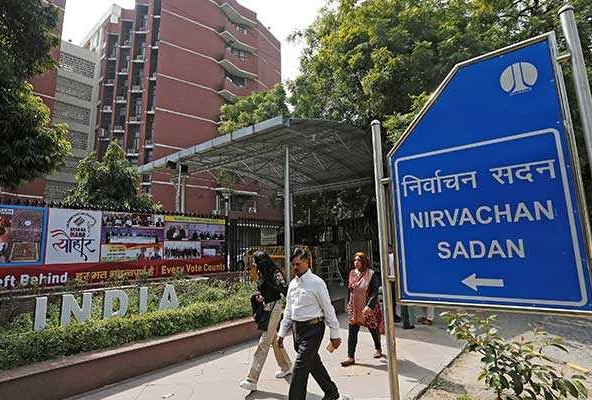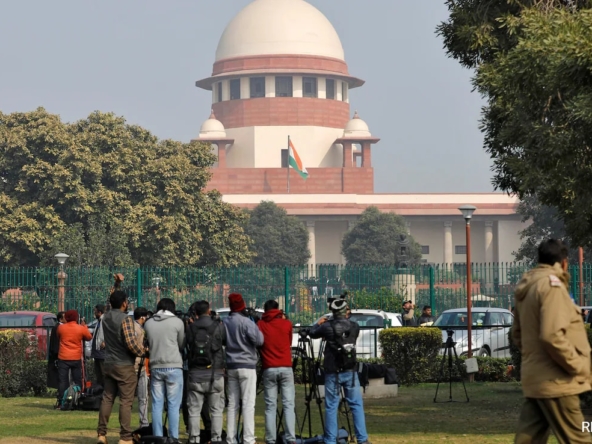
The high court placed reliance on several judgments passed by the Supreme Court.
New Delhi:
The Delhi High Court has held that findings of cruelty against a wife in divorce proceedings cannot be the basis to deny her maintenance by husband under the Domestic Violence Act.
The high court’s observation came while dealing with a plea by a woman challenging a sessions court’s order which had set aside a magisterial court’s order directing her 65-year-old estranged husband to pay her Rs 1 lakh monthly maintenance.
The sessions court had remanded it back to the magisterial court for adjudication.
“… in my considered view, the findings of cruelty against the wife in the divorce proceedings, by itself cannot be the basis to deny maintenance to the wife under the provisions of the Domestic Violence Act,” Justice Amit Bansal said.
The high court placed reliance on several judgments passed by the Supreme Court in which it was observed that even if there is a finding of cruelty against the wife, it cannot by itself be a ground for denying maintenance and that there is no bar of cruelty in the right of the wife to claim maintenance.
It was also held by the top court in one of the judgments that even if divorce has been granted on the grounds of desertion by the wife, this cannot be a ground to deny maintenance to her.
The high court was dealing with a submission of the husband in which he relied on the findings in the judgement of divorce granted in his favour by the family court on grounds of cruelty and desertion by the wife.
The high court set aside the sessions court’s order saying that instead of adjudicating and returning a finding on several issues, the appellate court simply remanded the matter back to the trial court without giving any reasons or justification.
“The order of remand is completely cryptic and without giving any reasons justifying the remand,” it said.
On the sessions court’s finding that the son had already attained the age of majority and thus, no relief could be granted to him, the high court said that the sessions court failed to take into account that the trial court had granted maintenance from 2009 to 2016 and for a large part of this period, the son of the parties, even though he had attained the age of majority, was still pursuing his studies.
“The obligation of a father towards his child does not end when the child attains majority even though he is still pursuing his studies,” it said.
“It is unfortunate that in the present case, the complaint was filed in the year 2009 and almost 14 years have elapsed and the wife has not been granted any interim maintenance other than the sum of Rs 10 lakh paid by the husband pursuant to the order passed by this court. Accordingly, even though I am remanding the matter to the appellate court to decide the appeal on merits, it is deemed appropriate that an amount of interim maintenance is fixed by this Court pending the adjudication of the appeal on merits,” Justice Bansal said.
The high court asked the man to pay Rs 50,000 per month to the wife as interim maintenance from December 16, 2009 when the complaint under the DV Act was filed till November 1, 2019 when the order was passed by the sessions court.
The sum of Rs 10 lakh already paid by the man to the woman shall be deducted from the amount, it said.
(Except for the headline, this story has not been edited by NDTV staff and is published from a syndicated feed.)




